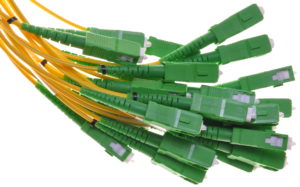FUTURE LEARNING GOALS
 The discipline of “history” and required courses of study has traditionally conjured images of tired old men and dusty stacks of books. Indeed, names, dates, and monotone lectures are iconic images of my passion and discipline. Many have chosen words that start with an “F” to respond to history, and so too do I. Let’s FIX history! That has been the driving force in my professional and personal growth and continues to be my north star. I strive to make history, and education itself, deeply meaningful and transformative. I want to make the past so real, students can see, smell, taste, and touch it! There is a crisis of meaning and a search for belonging in our culture. History can connect students to their place in our collective history and bring sense to their own stories and lives. My goals have been propelled by this singular heartbeat to fix history. I plan never to stop teaching, but I want to expand into writing and public speaking so that I can inspire a generation of history educators. I want to hone my craft and develop tools and techniques to make history come alive. To that end, I am striving to grow in technical proficiency, equitable pedagogical practices, and effective leadership.
The discipline of “history” and required courses of study has traditionally conjured images of tired old men and dusty stacks of books. Indeed, names, dates, and monotone lectures are iconic images of my passion and discipline. Many have chosen words that start with an “F” to respond to history, and so too do I. Let’s FIX history! That has been the driving force in my professional and personal growth and continues to be my north star. I strive to make history, and education itself, deeply meaningful and transformative. I want to make the past so real, students can see, smell, taste, and touch it! There is a crisis of meaning and a search for belonging in our culture. History can connect students to their place in our collective history and bring sense to their own stories and lives. My goals have been propelled by this singular heartbeat to fix history. I plan never to stop teaching, but I want to expand into writing and public speaking so that I can inspire a generation of history educators. I want to hone my craft and develop tools and techniques to make history come alive. To that end, I am striving to grow in technical proficiency, equitable pedagogical practices, and effective leadership.
This iconic clip comes from Ferris Bueller’s Day Off and shows what perhaps may be the most boring social science class ever.
 TECHNOLOGY LEARNING
TECHNOLOGY LEARNING
Twenty-first-century technology has transformed society and education. And while I have higher degrees in both history and education, I have lots of room to grow on the technical side of educational technology. Indeed, code is a part of this growth goal, but also a better familiarity with networking, firewalls, and mobile device management systems. I also would like to grow in my familiarity with hardware, servers, and more traditional Information Technology domains. With a better operating knowledge of this domain, I will be more effective in leading schools and teachers to integrate cutting-edge tools into their classrooms and curriculum. There is a vibrant community of Information Technology and self-professed “geeks” on Youtube that are sharing tutorials. Geek Lessons provides several helpful videos explaining the technical aspects of computers and code. Immersing myself in the concepts and language of this discipline will help me more effectively lead educators into a tech-rich teaching environment.
PEDAGOGICAL LEARNING
Today’s classroom is full of students with different needs, experiences, and knowledge. A one-size-fits-all approach does not work. It leaves both the teacher and students frustrated. And while most educators acknowledge the need for some other differentiated and personalized way forward, few know how this is done practically. Indeed, I am striving to be a more effective educator with UDL (Universal Design Learning) and CRP (Culturally Responsive Pedagogy) in mind. Students need choices about how they will process new information and express learning. Moreover, each student comes from a unique cultural environment. Giving space for their unique perspective and heritage is vital to more effective teaching and learning. I have a conceptual understanding of these approaches, but I want to explore the practical ins-and-outs of making these pedagogies alive in my classroom. I plan on reading and interacting with other like-minded teachers at the UDL Center and Learning Designed. These specialists will help me implement UDL in practical ways in my classroom.
LEADERSHIP LEARNING
These technical and pedagogical skills will be without use if I cannot more effectively lead and inspire other educators. To that end, I am striving to become a more effective and empathetic leader. Knowing how to lead different types of people is crucial at all organizations of innovation and inspiration. I have found much inspiration from the pages of Harvard Business Review. While geared toward businesses, its leadership and organizational advice are profound and helpful. I plan to sign up for a subscription to the magazine and spend more time reading and implementing effective leadership strategies.
WHAT THE FUTURE HOLDS FOR HISTORY
The future of education will be quite different from that which teachers experienced themselves. Wearable technology like Virtual, Augmented, and Mixed Reality glasses, along with smart A.I., is not the stuff of centuries-away, but tomorrow. It is not science fiction, but soon science fact. These technologies will cause serious disruption in many sectors of life and business. And the education field will not be immune. These technologies will fundamentally transform how people learn. Growing in technical proficiency, equitable pedagogical practices, and effective leadership will be necessary for this new frontier of education. I, for one, am striving to be part of the tip of the spear and not be among those historian-dinosaurs destined to be on the receiving end of this technological lance.
